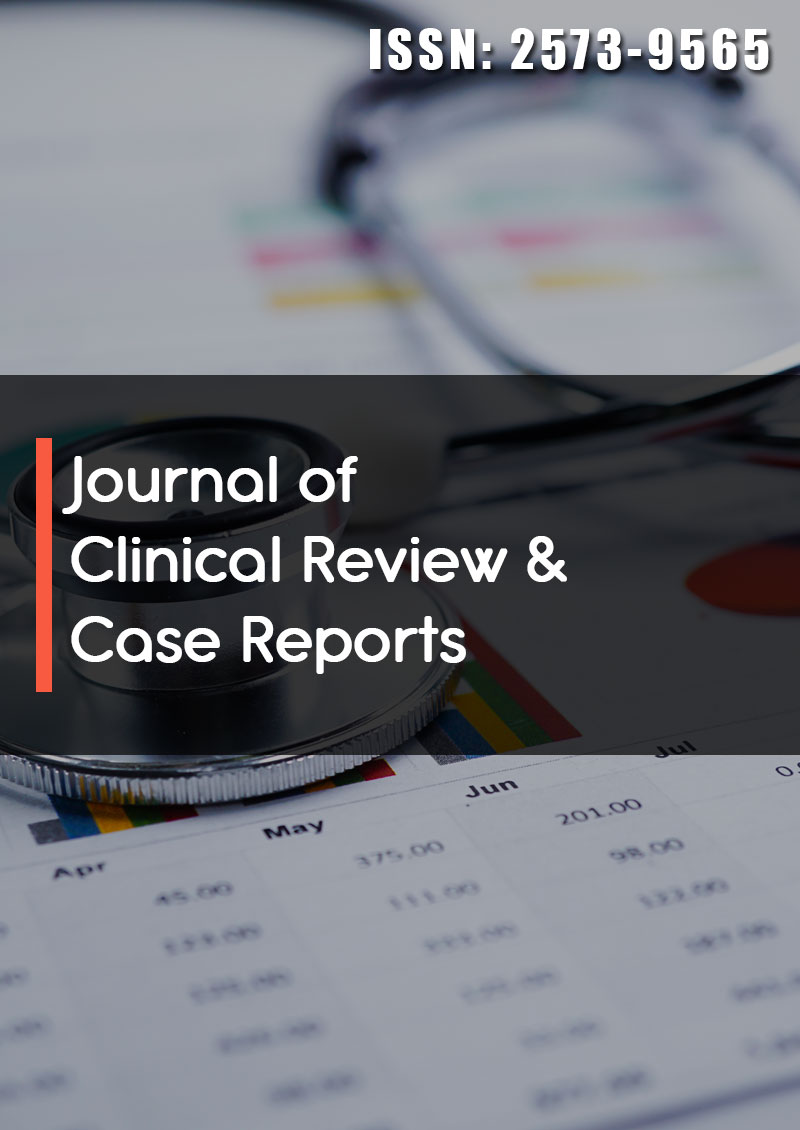Unraveling the Social Consequences of Tobacco Products on Health and Environment: A Case Study in Gopalganj District, Bangladesh
Abstract
Md. Shafiqul Ahsan Emon, Rifat Islam*, Md. Selim Reja and Md. Mirhazul Islam
The use of tobacco has been associated with numerous detrimental health outcomes, including lung cancer, heart disease, stroke, and respiratory disorders like chronic obstructive pulmonary disease (COPD). This study aimed to investigate the effects of tobacco toxicants on human health and their implications for environmental pollution in Gopalganj Sadar. A structured questionnaire was employed to conduct face-to-face interviews with respondents, evaluating their knowledge regarding the toxic content of tobacco and the associated health and environmental hazards. The study revealed that approximately 80% of respondents used smoking tobacco products, while only 8% preferred smokeless tobacco and 12% used both types. Alarmingly, a significant proportion (68%) of smokers-initiated tobacco use during adolescence (between 15 and 24 years old), suggesting that young smokers are particularly vulnerable to the health consequences of tobacco consumption. The survey unveiled that tobacco users suffer from a range of acute and chronic diseases, with hypertension being the most prevalent among respondents (31%), followed by COPD/ Asthma (23%), while cancer cases were relatively low (0%). Surprisingly, most respondents lacked awareness of the toxicants present in tobacco products, although 92% of tobacco users acknowledged the link between tobacco use and environmental pollution. These findings underscore the inadequate awareness among respondents regarding the health risks associated with tobacco toxicants and their contribution to environmental pollution. Consequently, there is a crucial need to strengthen existing policies to address these adverse effects and promote public health. By bridging the knowledge gap and heightening awareness, policymakers can work towards implementing more effective strategies to curb tobacco usage and safeguard human health and the environment.



